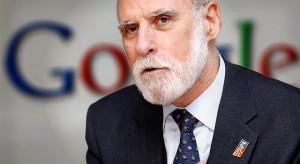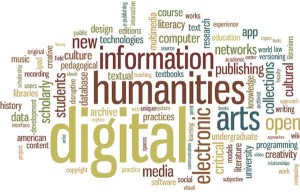In a recent article from NPR News, Google Vice President Vint Cerf suggested that our current times may be looked back on as a “digital Dark Age” due to our digital preservation of information. Many of our photos and documents will likely become inaccessible as certain softwares becomes obsolete, which could create a problem for anyone in the future trying to research our times. Cerf says, “We are nonchalantly throwing all of our data into what could become an information black hole without realizing it.” He points to digital correspondence as one of the biggest losses of information, as most of us delete emails and the like with very little consideration. However, a great deal of research has been conducted on the written correspondence of authors, politicians, and other historical figures (Cerf refers to Doris Kearns Goodwin’s Team of Rivals: The Political Genius Of Abraham Lincoln, a book written after intense study of Lincoln’s letters), and there is concern that research of this variety will be nearly impossible when looking back on our era.

The irony of one of Google’s higher-ups cautioning against digital storage is inescapable, though one possible solution is suggested, the “snapshot.” I have to wonder if resources such as the Digital Public Library of America, as discussed in class, would also be useful in this regard, though emails and other more personal files remain an issue.
Cerf’s prediction also seems to call the entire field of digital humanities into question. Though helpful in the present, will anyone in the future benefit from our efforts to digitize works that are already physically accessible, a seemingly more lasting format? Would our time be better spent working to collect the documents we have into books, and analyzing text in more traditional manners, giving future scholars a better chance at accessing the finished product?

